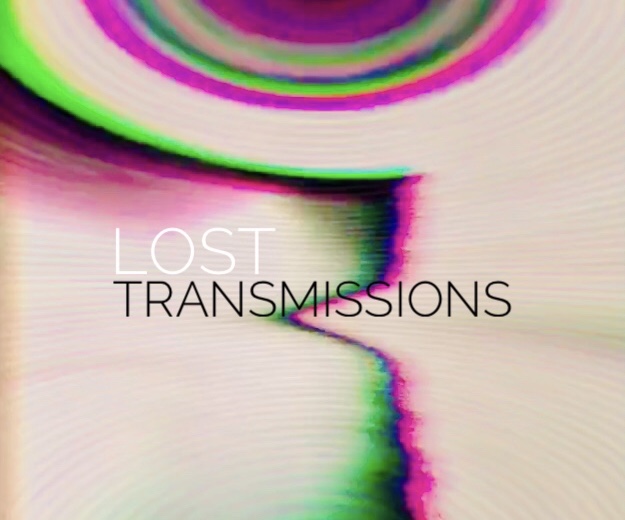[Written by Kieren Mehta (he/him)]
[Image Credits: Florence Bridgman (she/her)]
This film explores the effects of mental illness—in particular, schizophrenia and depression—through the lives of two artists (Theo and Hannah) working in the LA music industry. The repercussions of the capital-driven US healthcare system bureaucracy is repeatedly stressed; the criticism isn’t subtle but it doesn’t need to be, it reflects a lived reality. Director Katharine O’Brien admits this: broadly, the plot follows her own personal experiences with friends. The resulting intimacy of the story is immediately palpable, led by naturalistic shots and a sensitive script, the opening scene is quite possibly the finest in the film.
The closeness—literal and figurative—of the shots in earlier scenes and handheld camerawork is inviting, allowing for a fondness for the protagonists that one might not feel solely from relatability. In fact, though some might criticise the characters for being unrelatable—which in the obvious sense they are, even just as part of the LA music upper-echelons—this is something that makes the film distinct. It doesn’t strive to insert a romance or pacify or (largely) dilute the characters’ behavior for the sake of relatability, unusual for narratives focusing on the mental health of creatives. The balance between relatability and truthful representation is something that diverse cinema will have to navigate, and for that, Lost Transmissions more than deserves its screen-time.

On par with the delivered intimacy is the soundtrack. Produced by Hugo Nicolson (Radiohead, Local Natives), the hazy omnipresent theme strengthens some of the weaker writing: the protagonist, Theo, voices fantastical ideas (induced by his schizophrenia, unmedicated) that never quite reach believability for the audience; there is an instance where Hannah (secondary protagonist) weakly suggests that he might have “tapped into something”, but it’s always one step too far removed. Though the spoken relation of his paranoia—that there is something hidden in radio-waves—is lacking, the fuzzy static woven into the soundtrack loosely ties these ends. Technically, the score and warm cinematography are the highlights of the film.
“Ghosts are memories that electrons have.”
Also holding up any weaker writing is the brilliance of Simon Pegg’s Theo Ross. It’s refreshing to see him in a dramatic role, and heartening to feel the emotion in his performance. Hannah’s narrative is equally a credit to the piece, our view being most often aligned with hers, her emotive responses as viscerally felt as Theo’s. She lives with depression and their relationship dynamic as two people with differing mental illnesses is especially interesting. The influence that Theo’s breakdown has on Hannah is empathetically written, resulting in conversations which people who live with and love those with mental illnesses will find familiar. A careful handling where misrepresentation is the convention.
“I’m scared for you, but you don’t scare me.”
Generally, discussion of prescribed medication for mental health issues on film is also full of (harmful!) misrepresentation. The prescience of Lost Transmissions with regards to this stands out from the rest. We are witness to the failings of US psychiatric units: as a semi-lucid patient Theo “tricks the system” by not appearing “ill enough” for admittance, endangering himself and his peers. Perhaps most importantly (read: differently), the ‘“true artists feel everything” trope is challenged, emphasising that medication is neither shameful nor a suppression of creativity. Providing access to medication—and thus, access to stability—is central to the plot.
Theo’s mental destabilisation coincides with the physical. Displacement (and the boundary conditions of one’s adopted “home”) is thematically recurrent: his eviction coincides with his coming off medication, his staying at Hannah’s leaves him subject to her rules, at his lowest he sits alone in a food centre for the homeless, the party at which he loses himself is one where he knows no-one and feels free from consequence. The psychiatric facility is explicitly reminiscent of a prison. It is often said that home is a state of mind but Lost Transmissions is a case study of how one’s living conditions manifest in their mental environment, and vice versa. When Theo finally steps towards recovery, we see him returning to his familial home in England, an acknowledgement of the necessity of the NHS (Theo receives free healthcare) and a reiteration of the reflection of one’s mental health in one’s home, one’s comfort. A painful environment is not a healthy home: a pained mind is not a healthy home.
However, near its end, the film begins to feel rushed and our connection is strained; even with the energy Pegg throws into his scenes, it is a valiant, considered piece by O’Brien, with commendable intentions: the perpetuation of creatives being “tortured geniuses” needs to be deconstructed and this strives to realistically do so. Full of heart, warm aesthetics and self-aware writing, Lost Transmissions is a poignant delve into the implications of neglecting proper care for one’s true home: their mind.
Lost Transmissions premiered in the UK at Glasgow Film Festival 2020, with general release later this year.

